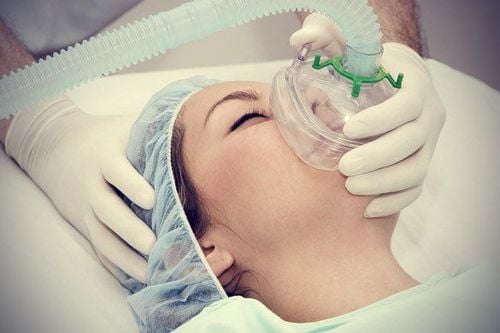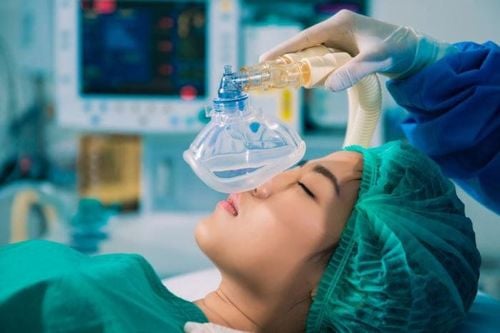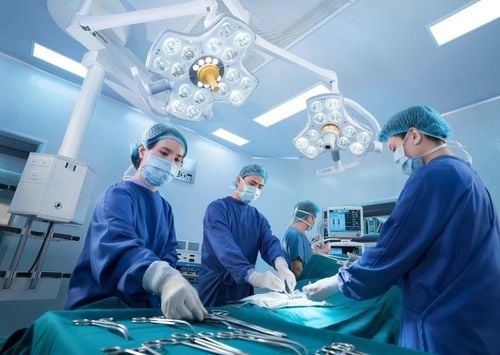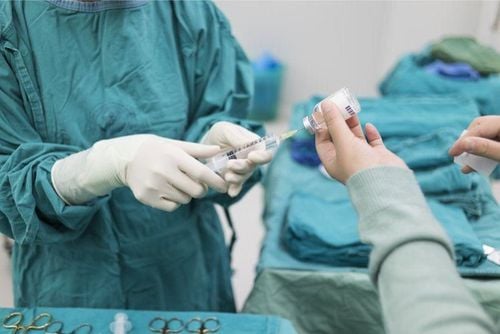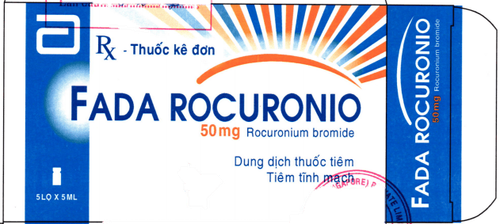This is an automatically translated article.
Posted by Master, Doctor CKII Nguyen Tat Binh - Department of Surgical Anesthesia - Vinmec Central Park International General Hospital
One of the possible risks during general anesthesia or procedural sedation is the possibility of patient awareness (anesthesia awareness). This is a condition in which the patient is awake during surgery or procedures and is able to recall events or surroundings. This event can be seen in 1:100 in open-heart surgery, awakening in painless patients 1:1000, awakening and pain in 1:3000.
1. Why do some patients wake up during anesthesia?
Arousal during surgical anaesthesia may occur in some patients, especially those with severe chronic comorbidities and to minimize the effects of anesthetic agents on the patient's condition. Anesthesiologists tend to use less drugs. Surgical procedures with a high risk of awakening during anaesthesia are emergency surgery for severe trauma, cardiac surgery, or emergency cesarean section.
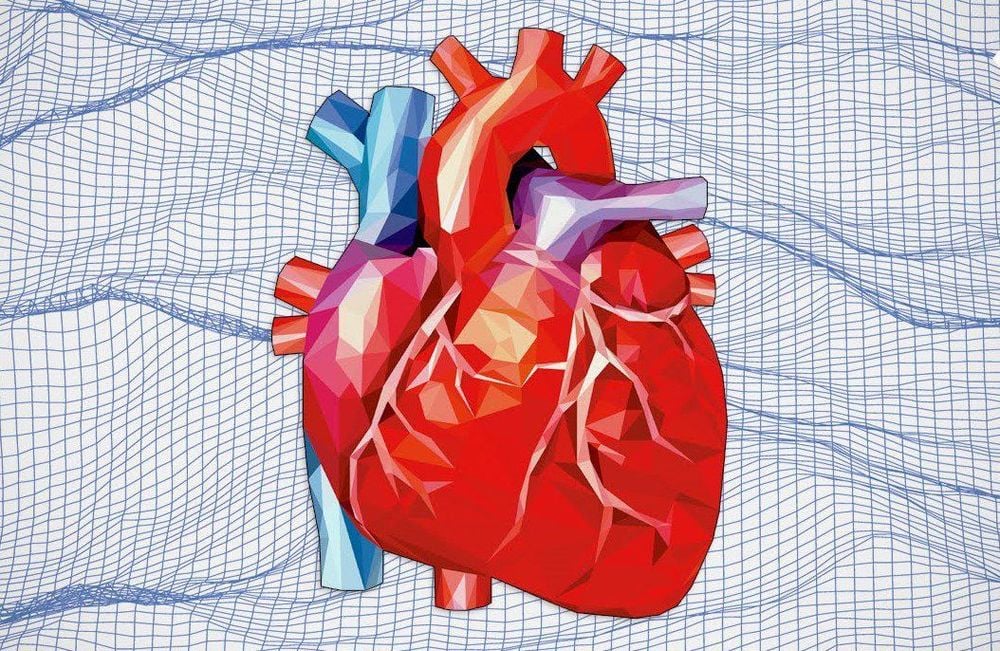
Bệnh nhân phẫu thuật tim có nguy cơ cao bị thức tỉnh
2. What does the patient feel when awake during surgery?
Depending on the level of awakening that the patient will describe differently. Some patients can only vaguely recall what happened during surgery. Others may detail or describe a specific moment in the operating room. Some patients even fall into a state of despair when they wake up and call for help but cannot move due to the inhibition of muscle relaxants.
3. How to minimize the risk of being awakened during surgery?
Before surgery, anesthesiologists will have an anesthetic examination and consultation so that they can assess the patient's health condition before surgery. The patient should provide information about the history of previous surgical anesthesia (if any), whether there was a state of consciousness during previous surgery. The patient should also provide additional information such as a history of drug use or prior alcohol consumption, as these are factors that may increase the risk of awakening during surgery.
In addition, to prevent this condition, anesthesiologists will limit the use of muscle relaxants if surgery allows. During anesthesia, the anesthesiologist will use the means of monitoring anesthesia, pain to ensure that the patient sleeps deeply and is pain-free during the surgery.

Bác sĩ gây mê trao đổi thông tin với bệnh nhân trước phẫu thuật
Vinmec International General Hospital is one of the hospitals that strictly apply safe surgical anesthesia practice standards according to international guidelines. With a team of experienced anesthesiologists and nurses, along with modern equipment such as nerve detectors, ultrasound machines, Karl Storz difficult airway control system, anesthesia monitoring system GE's comprehensive AoA (Adequate of Anesthesia) including monitoring of anesthesia, pain and muscle relaxation will deliver high quality and safety, helping patients to have adequate anesthesia, not awake, no residual relaxant muscle after surgery. Vinmec Health System is also proud to be the first hospital in Vietnam to sign with the World Anesthesiology Association (WFSA) towards the goal of becoming the safest hospital for surgical anesthesia in Southeast Asia.
To register for examination and treatment at Vinmec International General Hospital, you can contact Vinmec Health System nationwide, or register online HERE.
SEE MORE
Vinmec announces the world's first painless morphine-free open-heart surgery Vinmec painless surgery with the world's most advanced ESP anesthetic technique Vinmec aims to be the safest hospital in Southeast Asia for surgical anesthesia





